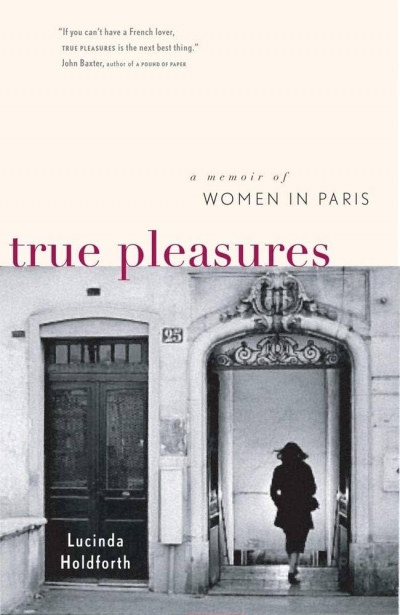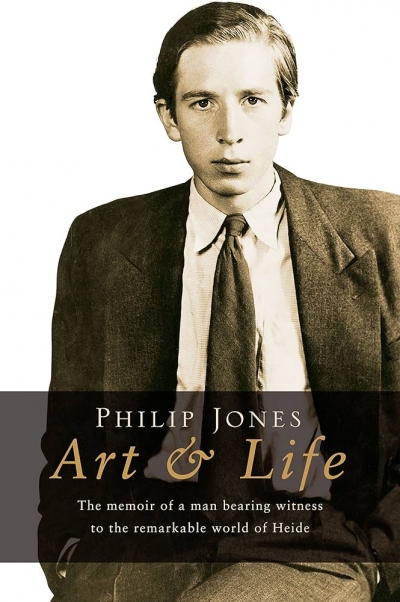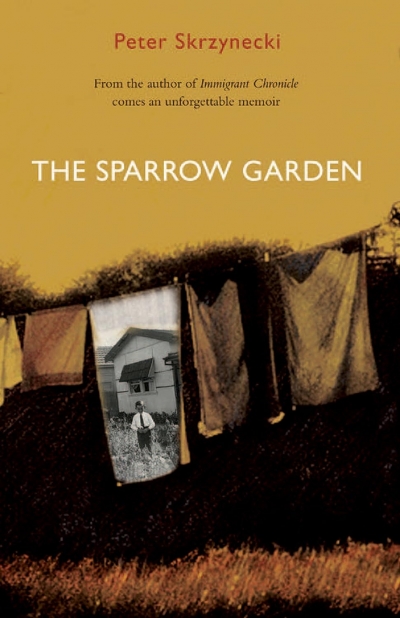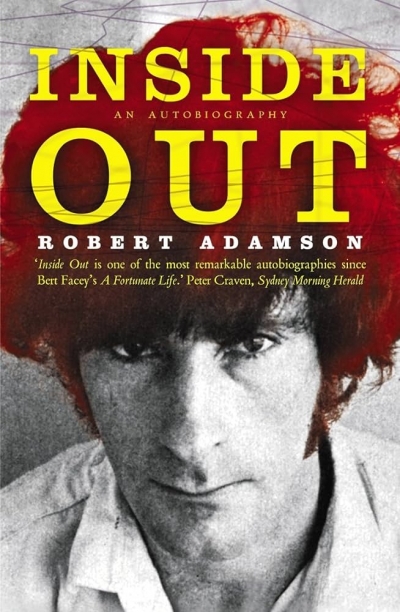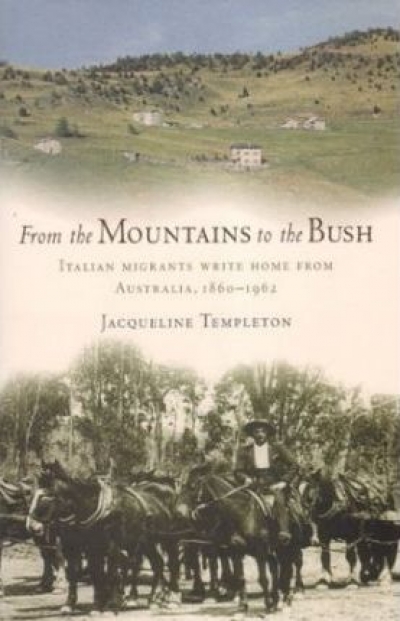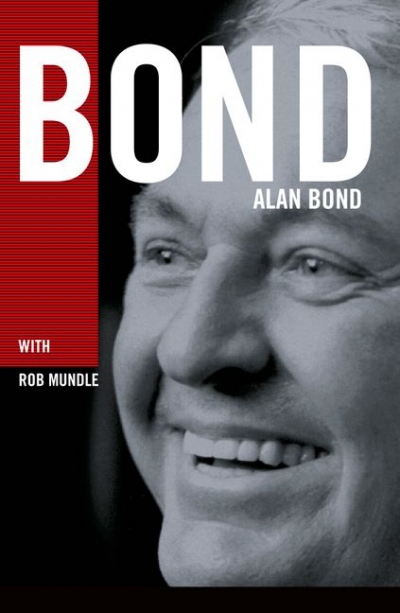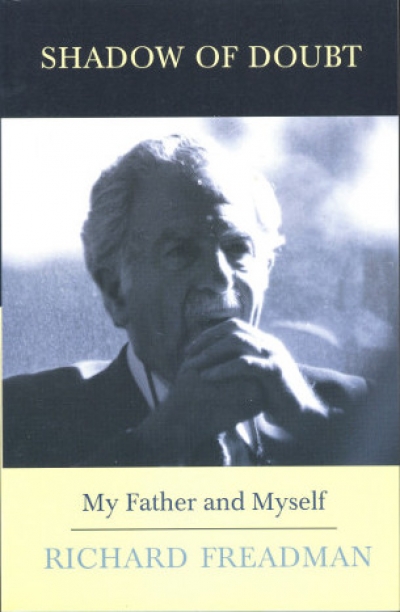Memoir
True Pleasures: A memoir of women in Paris by Lucinda Holdforth
by Christina Hill •
The Measure of Success by Ron Clarke & Cathy by Cathy Freeman (with Scott Gullan)
by Bill Murray •
From the Mountains to the Bush: Italian immigrants write home from Australia by Jacqueline Templeton, edited by John Lack and assisted by Gioconda di Lorenzo
by John Thompson •
Shadow of Doubt: My Father and Myself by Richard Freadman
by Peter Rose •


